We're Not Friends, We're Co-Workers
A common problem I face in day-to-day life is whether I should remove my headphones when confronted by someone I know in public. With big, red, over-the-ear headphones, they are hard to miss and I can’t just pop out an earphone for a quick chat. Taking off my headphones is a process afforded to people I genuinely want to talk to. If I don’t take them off and this person tries to spark up a conversation with me, I feel tremendous guilt. If I take them off to start a conversation and they keep walking, I feel like a vulnerable idiot. The moment I take my headphones off and am rewarded with the sweet euphoria of someone who reciprocates is one of the truest markers of friendship, and it’s a moment I’m getting better at gauging.
I feel I am a friendly person. I can make a mean small talk, hop into fun bits, and I fill my backpack with shareables such as: mints, pens, hand sanitizer, sun screen, lozenges (but if you steal my pen, the trust is broken). Part of the reason I’m packed like a Boy Scout eager to please is because, as someone who ([not so] shockingly) didn’t have a lot of friends growing up, I want everyone to like me.
This need for total validation has led me to comedy, a social profession where a middling comedian tapping you on the shoulder and mumbling “good set, kid” is akin to a dollar raise from your boss at your minimum wage job. One of the best bonuses for me as a comedian is the built-in social network you can join in whatever city has a grungy bar willing to invest in a Shure SM58 for people to shout obscenities through when there isn’t a sports game (or, even more fun, when there IS a sports game). Being part of the comedy community means having a shared language of inside jokes with people that are broken in the same ways you are. You have a bond over shared industry troubles, and can engage in bits that are at once hilarious and off-putting for everyone else.
It’s not all about bonding for bonding’s sake. There is an unspoken benefit of having a large group of comedian friends. We exist in a profession where your accreditation is more valuable than your talent, because comedy is subjective. Your style of comedy will always be funny to someone. Being a comedian is a “self employed” job that requires sharing, and you’re going to hire, or get hired, by like-minded people. You can’t have a stand up show with just one stand-up comic, you can’t do improv without another person, and you can’t produce a TV show all on your own. If you do, get away from me, you lonely psycho.
That’s the industry’s biggest open secret: comedy jobs mostly come from people you know. That’s certainly the case for me. The only reason I’ve written for a TV show was because a friend introduced me to someone who worked for that show, and she gave me everything I needed to apply. I also got to open for one of my comedy heroes because he liked me enough to take a chance on me. It’s not that I wasn’t talented before, or didn’t deserve those opportunities, but that I was wearing a fun shirt, or like Seth Meyers over other late night hosts, played a part. Relationships matter in this industry; because everyone’s funny, but you have to be funny to the right people.
Outside the career benefits of having a large circle of comedy friends, doing comedy is just more fun with people you like. Chemistry is a crucial mystic component for comedy to flourish, and it’s easier to achieve it with people you get along with. From TV shows like Broad City, podcasts like Las Culturistas, or web series like UHNnnn (or whatever comedy duos straight people are into - I don’t care to know your world), there’s a well-established romantic ideal, and very marketable brand in a “best friend comedy duo”. People crave connection and making people laugh is the best way to connect. If you sell the source of that connection, people will buy it - especially lonely teens at home on a Saturday night trying to beat their high scores on Guitar Hero 2 (too personal?).
I have always struggled to find that person for myself. There have been a long string of comedy partners; some I work with to this day, most I just have friendships with, others I avoid at all costs. But I shouldn’t have been making friends with the dusty open mic-ers shouting “cum” at the one couple who just wanted a fun night out, and plan on writing blogTO a strongly worded email for recommending this show. That was my mistake; but also, why are you going to an open mic stand up show? That won’t fix your relationship problems, Brendan and Melissa.
When I entered into comedy, I was excited, nervous, and in a very dark place (you have to be to Google search “Open Mics Near Me”). Mostly, I had hope that I would meet the Amy Poehler to my Tina Fey (yes I think I’d be the Tina Fey, I think very highly of myself, I’m in comedy). As I’ve aged into my career, and have been chipped away from being beaten down by the industry, I’ve been slowly morphing into the grizzled old cliché of an embittered comic who doesn’t trust anyone (non-smoking, though). No offence, it’s just the slow realization I’ve had that I can’t be, nor am I, friends with every comedian.
I would like to be, though. There’s a lot of camaraderie in unique moments with your comedic co-workers. Late nights drinking through the blinding closing fluorescent lights of a 2nd floor basement-in-the-sky bar. Sneaking away to McDonald’s to crush your intoxicated cravings with other greasy souls while avoiding eye contact with the audience you all bombed in front of. Sipping coffees on rickety wooden benches while scribbling into Moleskines in cafés occupied with patrons reading frayed, thin paperback poetry. These are fleeting fragments of deeper relationships over a shared profession. But these moments do not a friendship make as much as I’d want them to. This idealism has led me to being taken advantage of, and to trust people I shouldn’t have.
I have felt undervalued and lost people I thought were friends throughout my comedy career. I’m not unaware that there’s a secret contingent of people who’ve, to put bluntly, talked shit about me (I know it’s not a “secret contingent”, but I like to think people think this much about me, because narcissism). Some of it stems from me daring to believe I pose value as a comedian; some of it comes from being thrown under the bus in service of gaining opportunity; there are also people who just don’t like me. That’s fine. I am working on not being as petty, or taking ownership over other people’s feelings of me. I’ve tried to cultivate an audience and collaborators that I not only value and respect, but who think the same of me. This work has allowed me to reevaluate a lot of the relationships I have with people I share a stage with and not feel guilty for putting up professional barriers.
It’s hard (at least for me) to delineate between friends or coworkers in comedy. The social aspects and vulnerability of the industry allow us to read into relationships what we want. We’re also all artists with a lot of feeling and a deeply unhealthy need to be loved. Though establishing these boundaries can help you not only make healthier working relationships, but more meaningful personal relationships. So I’ll invest in a pair of smaller ear buds and won’t make such a big deal of stopping to talk to someone. It’ll probably be easier to carry, and leave me open to the possibilities.
Chris Middleton considers himself a writer and comedian based out of Toronto. He’s an alumnus of The Second City’s House Co, and was a writer for This Hour Has 22 Minutes. Chris’ mom wishes he were more like her favourite comedian, Justin Timberlake. www.actuallychris.ca
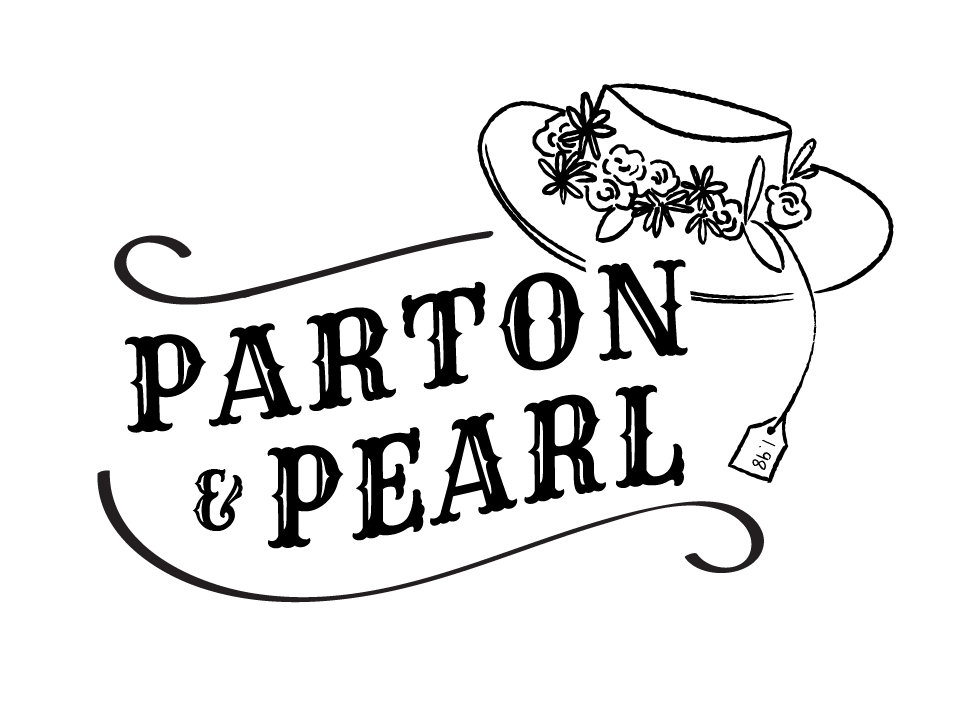

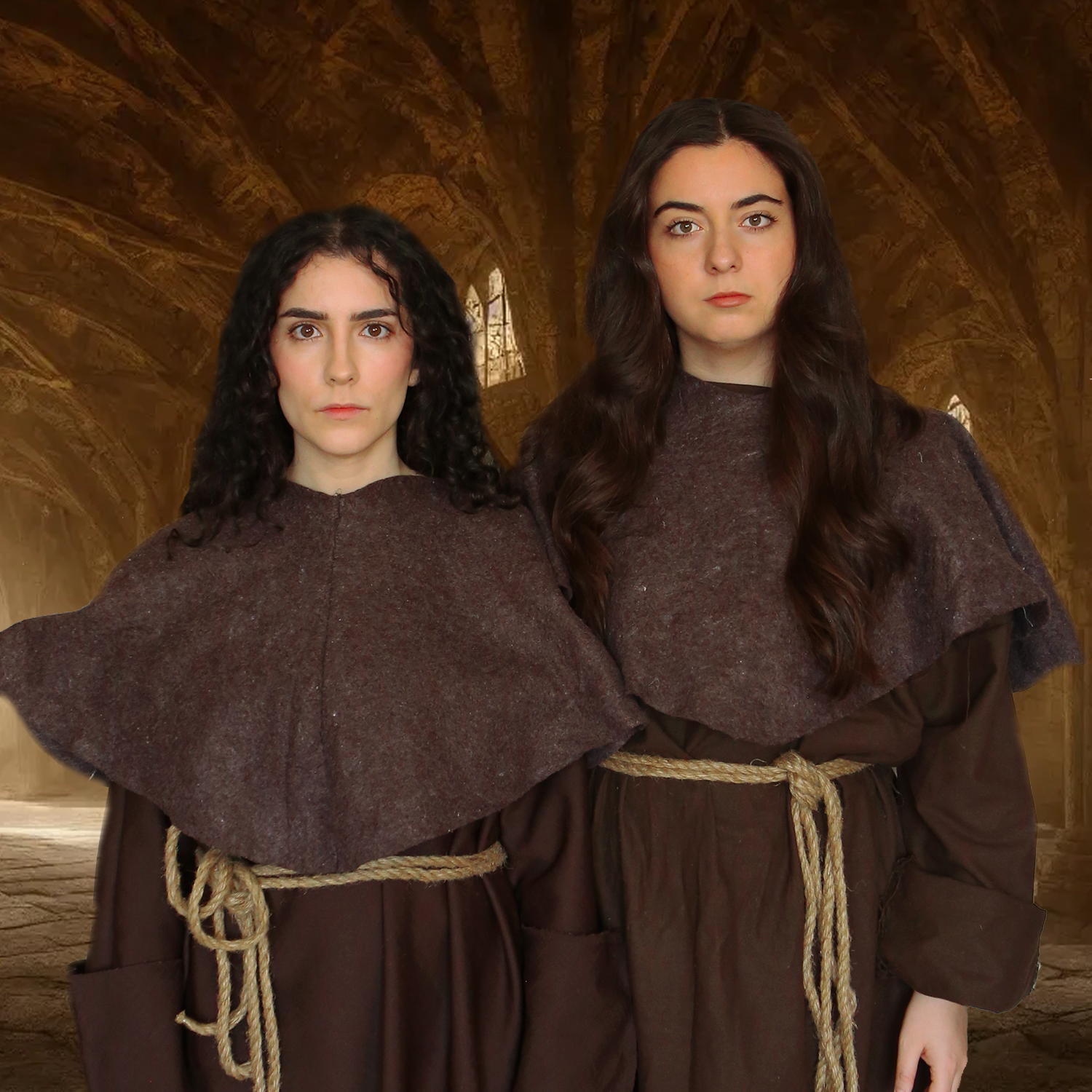
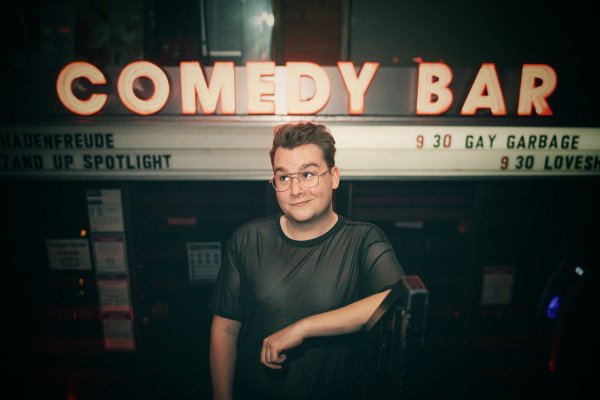


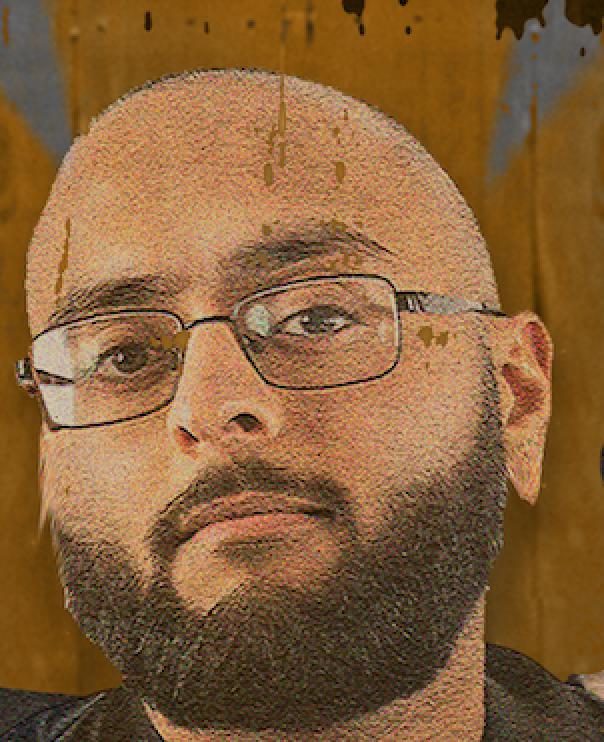


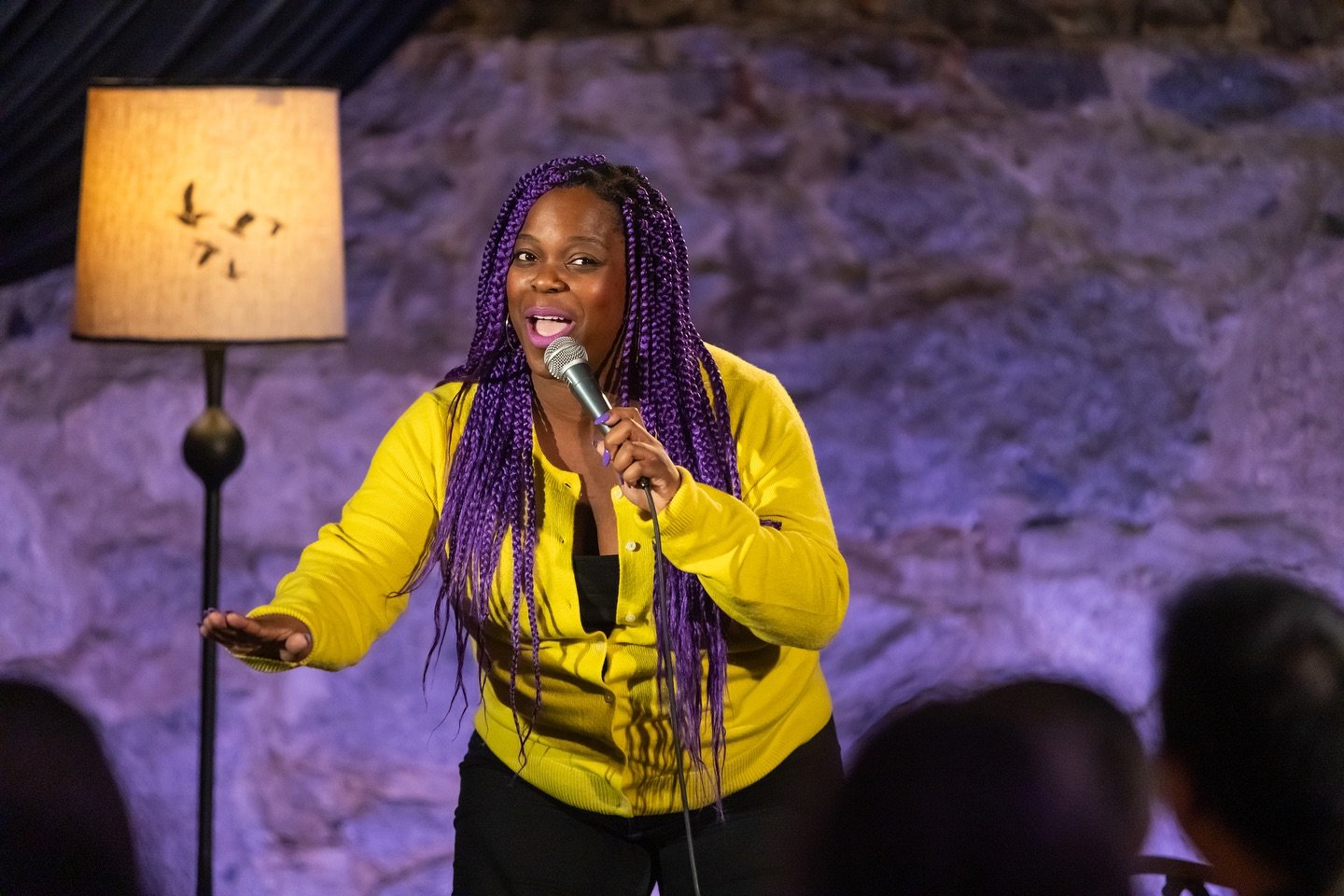
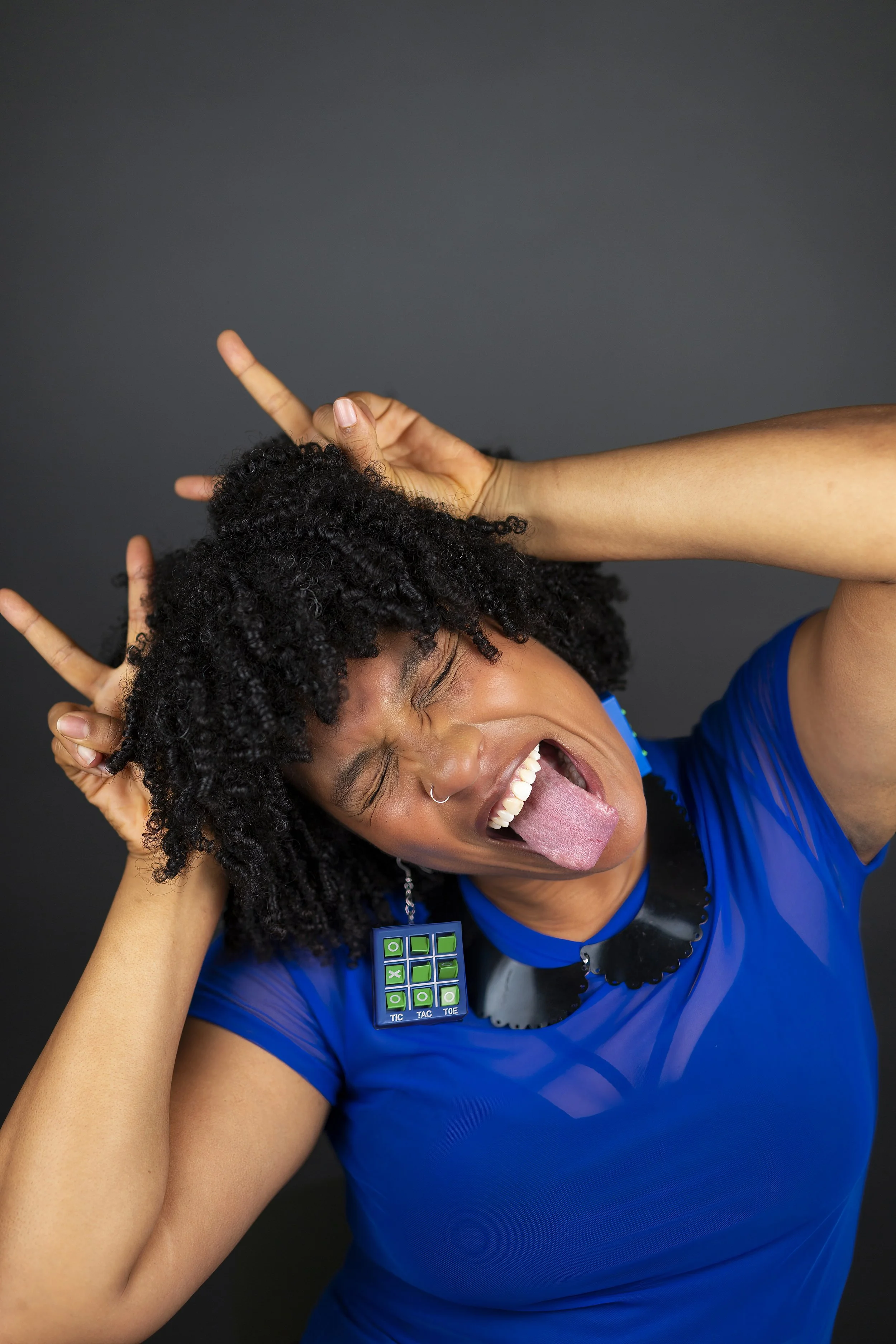
The first all Indigenous stand-up comedy feature documentary